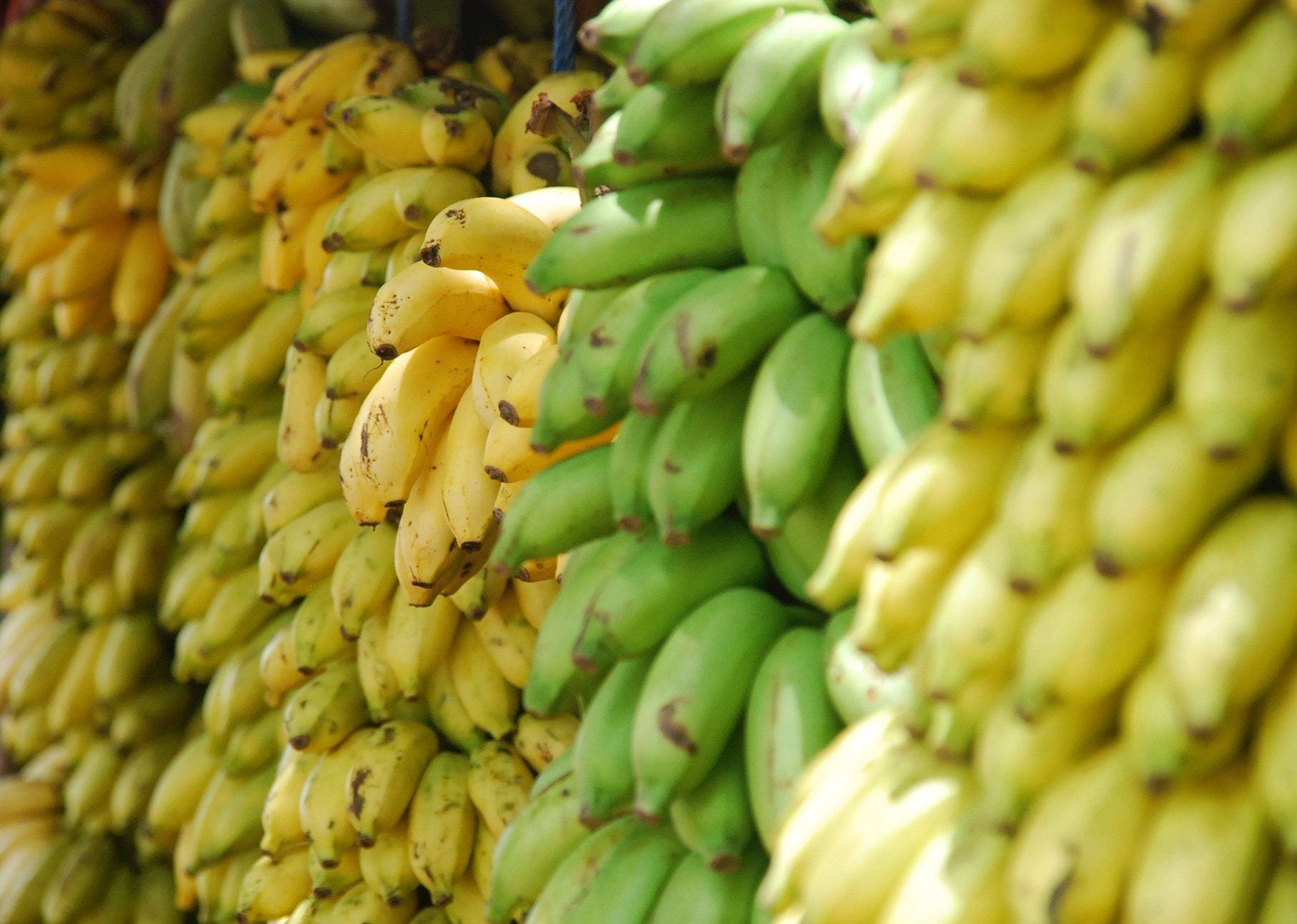
organic vs. Conventional
ORGANIC VS. CONVENTIONAL
Did you know that according to USAID, Guatemala is one of the most ecologically diverse nations on the planet, with 14 different eco-regions and incredible biological and cultural diversity? Guatemala also has the largest forested area in Mesoamerica and the second largest contiguous forest in the Americas after the Amazon.
These areas are threatened, however, by loss of habitat, deforestation, overexploitation of natural resources, and environmental contamination. In addition to these threats, and according to the Global Climate Risk Index 2015, Guatemala is one of the 10 countries most affected by extreme weather worldwide as a result of climate change.
These threats are largely caused by conventional agricultural and livestock production. In fact, it is estimated that one third of all greenhouse gas emissions come from the agricultural sector, primarily due to land use change and deforestation. Conventional agricultural practices also pollute our natural resources and cause the loss of our biodiversity.
One would think that the proliferation of this type of agriculture, although ecologically devastating, would at least contribute to our nutrition, but in fact, according to a study carried out by the University of Newcastle, “conventionally produced crops contain between 18% and 69% fewer antioxidants, are four times more likely to contain pesticide residues, and have, on average, 48% higher concentrations of heavy metals (including cadmium) than organically grown crops.” In addition, the producers who work on these farms tend to be paid less than the minimum wage and are often exposed to harsh and even dangerous working conditions.
Many will say that it is more efficient to produce food using conventional farming techniques. That yields are higher because it is easier to automate farms growing monocultures when, in fact, the Rodale Institute's “Farming Systems Test” has shown that after an initial decline during the three-year transition, yields in organic plots have matched or exceeded the yields of conventional crops and performed even better during dry years.” Rodale says, “The trial has also shown that organic farming uses less energy, produces fewer greenhouse gases, and it improves the health of the soil instead of depleting it."
Furthermore, according to a French study paid for by public and government funds, "those who ate more organic, dairy, meat and other products had 25 percent fewer cancer diagnoses overall, especially lymphoma and breast cancer...Even after adjusting for things like physical activity, smoking, alcohol use, family history of cancer, and weight...the most frequent eaters of organic foods had 76 percent fewer lymphomas, with 86 percent fewer non-Hodgkin lymphomas, and a reduction in 34 percent in breast cancers that develop after menopause."
So if conventional agriculture is encroaching on our forests, creating habitat loss, polluting our water sources, emitting vast amounts of greenhouse gas emissions, exposing farmers to harmful chemicals, and negatively impacting our health, WHY should farmers continue to grow food using these methods and WHY do we as consumers continue to buy it?
The easiest answer is convenience. While demand for organically produced crops is increasing globally, large retailers such as supermarkets have been slow to incorporate these product lines into their core offerings. This leaves consumers looking for healthier options instead of having to go to smaller stores, if they exist at all, to get their specialty items.
This is why we started La Botica Verde. We want to support people who are looking to live a more conscious lifestyle so that they can easily do so and thus take care of their health and the health of the planet.
